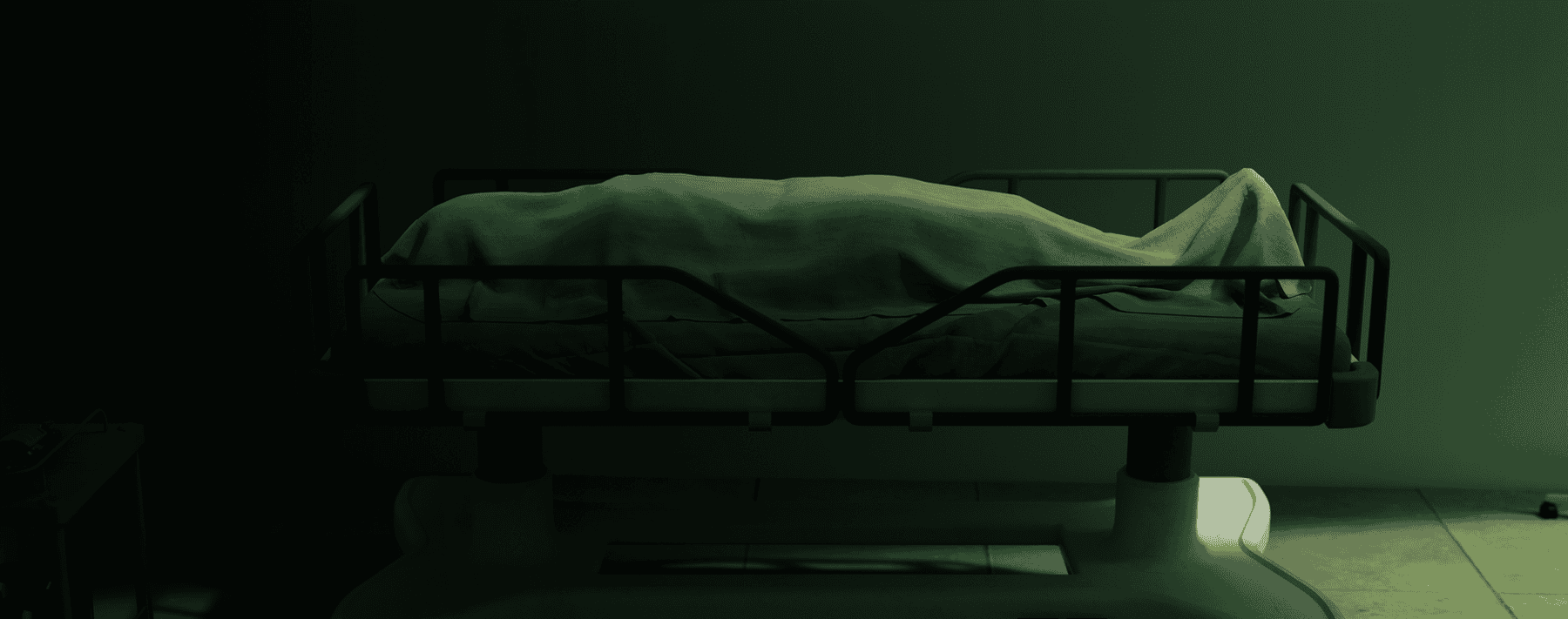United States v. Pankey, (4th Cir. 2018)
A trooper saw Michael Pankey speeding and stopped him. Smelling burnt marijuana, the trooper asked who had been smoking marijuana in the vehicle. Pankey denied that anyone had been smoking in the vehicle, but the trooper observed Pankey showing substantial physical signs of nervousness. Pankey was driving on Interstate 85, a known drug trafficking route, en route to Oxford, N.C., a known source city for illegal drugs.
The trooper opened the car door and peered inside, where he saw marijuana and some marijuana leaves. He searched the passenger compartment and found two cell phones (one of which was located in the passenger side door panel): one was a prepaid flip phone, the other was Pankey’s personal cell phone. The trooper also searched the trunk and found a large quantity of cocaine and heroin in a duffle bag.
Pankey claimed there was not probable cause to search his car trunk. He asserted that the mere odor of burnt marijuana in the passenger compartment didn’t support officer probable cause to search beyond the passenger compartment. At least two federal circuit courts of appeals, the 5th and 8th circuits, hold that the odor of marijuana discernible in the passenger compartment can give officer probable cause to search the entire car. The 10th Circuit has reached the opposite result, holding that mere odor of burnt marijuana isn’t enough to create officer probable cause to search unless the officer observes other evidence of contraband.
The 4th Circuit court had not yet ruled on the question of whether the passenger compartment odor could lead to a trunk search. And the court said that it didn’t need to decide the question to resolve Pankey’s case. Because the trooper was sharp enough to look beyond the odor and to note Pankey’s extreme nervousness, the marijuana leaves in the passenger compartment, his travel in a known drug-trafficking corridor, and having a pre-paid “burner” flip phone known to be used by criminals, the trooper had probable cause to search the trunk even without considering the odor of marijuana.
As a side note, take a look at this case where a deputy’s sharp reasoning to detail the progressive steps of his search helped him in court.



